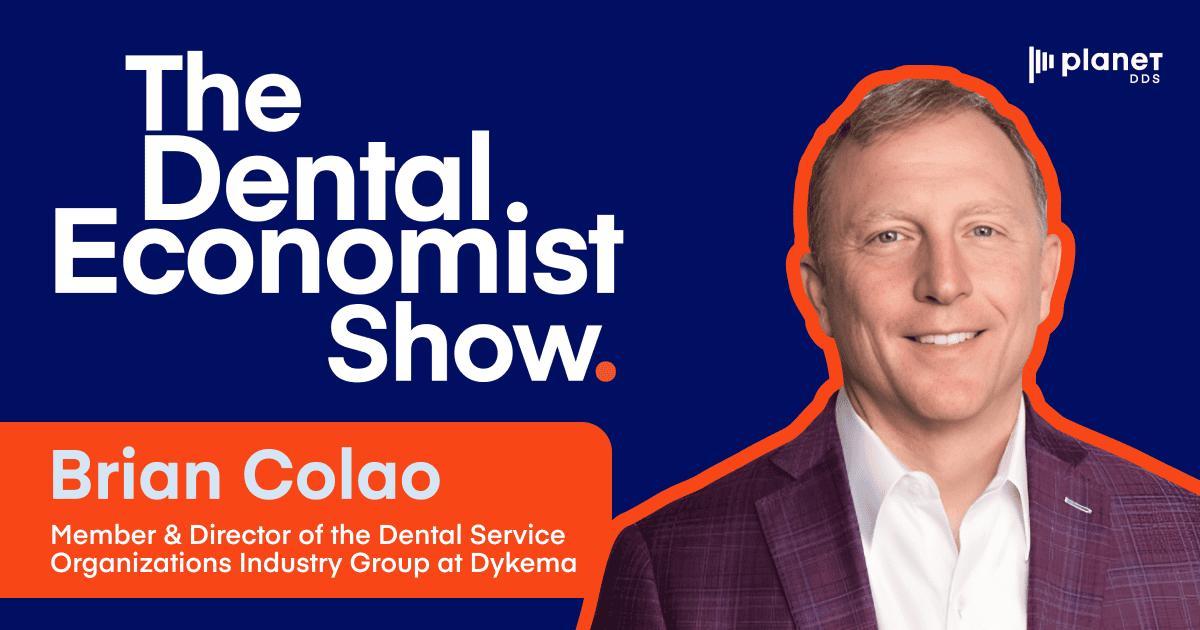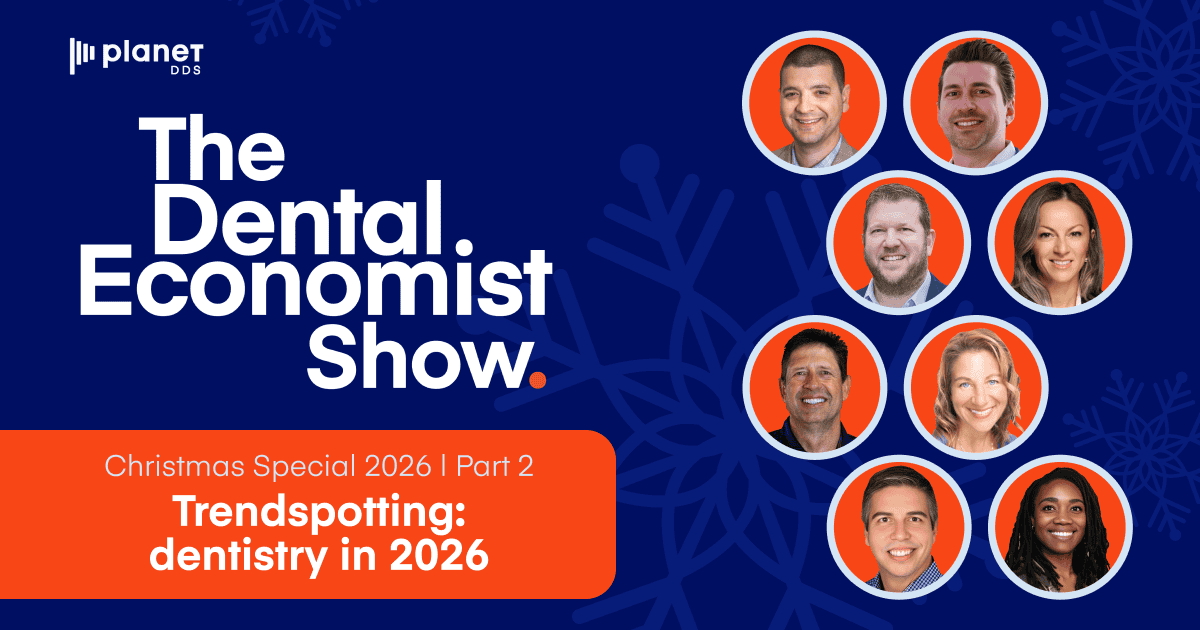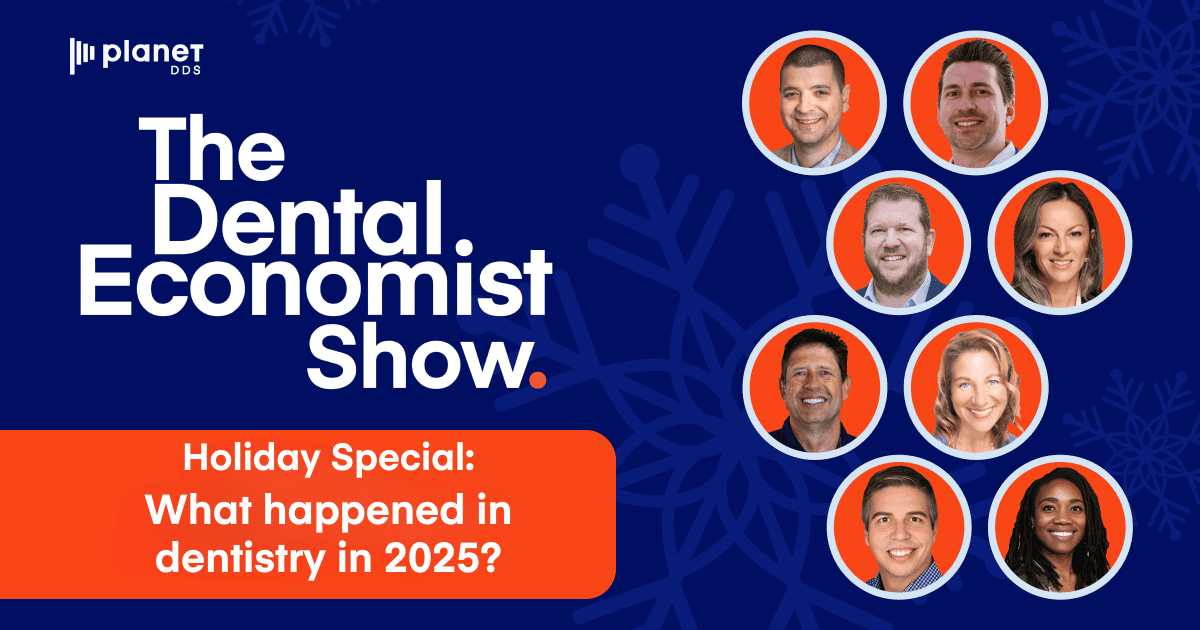What the EEOC Guidelines Could Mean for Your Dental Practice in the COVID-19 Era

COVID-19, like other severe illnesses, might diminish for a period of time although fears remain. This makes implementation of the Equal Employment Opportunity Commission (EEOC) guidelines a potential priority for dental practices.
The Commission issued new guidance recently via their Pandemic Preparedness in the Workplace and the Americans With Disabilities Act. Protections extend to the workplace and include rules that can assist you with strategies to navigate the COVID-19 impact on your employees. Read on to learn how to stay in compliance with EEOC
Who’s at risk and protected by EEOC guidelines?
The safety of your dental team is an obvious top priority. A safe work environment is not only expected but required.
Those risks could include: also provides contingencies for any underlying risks.
- An employee’s preexisting health conditions
- Any underlying or disclosed condition that places an employee in an at-risk category (under law).
The US Centers for Disease Control and Prevention (CDC) specify the increased risk for severe illness due to COVID-19. For example, this applies to those who are immunocompromised or who have other high risk health conditions such as:
- Chronic kidney disease with dialysis treatment in process
- Chronic lung disease
- Diabetes
- Liver disease
- Asthma – moderate to severe
- Severe obesity (a 40 or higher body mass index)
Keep in mind that the Americans with Disabilities Act can prohibit you, as an employer, from inquiring about a disability related injury or requiring current employees to have a medical examination. The exception would be under limited circumstances such as a severe pandemic as alerted by local, state, or federal health officials.
The direct threat to public health as defined by the CDC and public health officials does allow you as an employer to ask your employees to disclose a medical condition. That condition identified by the CDC would place them at a higher risk for complications from COVID-19 illness.
It’s important to document any related information. And keep that information in your employee’s confidential personal data.
What reasonable expectations should your dental employees have based on EEOC guidelines?
Your dental staff should expect you to accommodate their requests or concerns – as long as they are reasonable and timely. An initial conversation can help clarify any concerns you have as an employer or that your employee has.
A discussion can involve the disability in question and/or any restrictions that might result from it. The goal is to find a way to accommodate (if possible) their ability to perform their essential role/function(s).
Talking-points could include:
- Any perceived or actual limitations associated with the disability
- How the accommodation request can effectively assist with the limitation
- Any additional accommodation that can be applied
- What the accommodation can do to help them perform their role/job function(s)
On occasion, an employee could request an accommodation for a disability that’s not observable. In this case, you (as the employer) can request medical data (including health records or prescriptions) if reaching a related physician is difficult.
The pandemic period could create a challenge for obtaining medical data especially if it’s a COVID-19 related disability. If so, as an employer, it’s a good idea to be as accommodating as possible until your team member can access and/or produce medical documentation.
How to understand and apply the “direct threat” standard under EEOC guidelines
You might deem it necessary to keep a team member out of your workplace if they’re considered a high-risk. If so, the EEOC has specific requirements for that action:
- The “direct threat” standard would apply. This indicates that an employee is a direct threat to themselves or others if allowed to continue working onsite. According to the EEOC (via pandemic guidance and Americans with Disabilities Act) a direct threat is defined as…
- An assessment for the individual would be based on reasonable medical judgement about their disability (not the disability in general). The assessment would involve the most current medical information and best available objective evidence related.
Your posture as an employer should be as reasonable and accommodating as possible. If that’s not possible pose options such as a remote working arrangement, a leave, or a reassignment.
It’s also possible that a particular employee might request an unreasonable accommodation. If so, it’s important to have an interaction around the potential for accommodating them.
You could be made aware via a third party, personal observation, or due to the team member using up their leave benefits requiring them to need an additional, reasonable accommodation.
You have support and advocacy as an employer. Keeping your team, yourself, and your dental practice healthy and viable is a necessary and worthy goal.
These dental practice details enhanced by COVID-19 also create awareness of contactless and virtual practice management strategies.
Denticon’s suite of contactless dental technology solutions now includes the above mentioned Online Appointment Booking, Online Patient Registration, Curbside Check-In, and the Patient Portal.
Contact us now about those contactless patient care solutions plus the soon to be released Contactless Payment portal.



